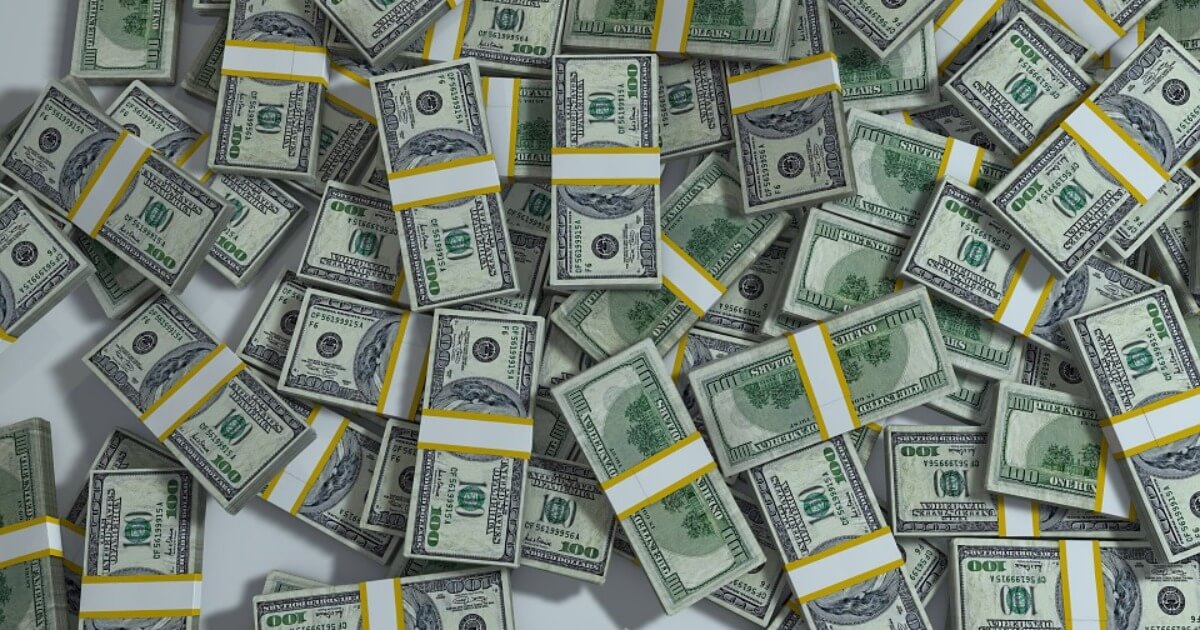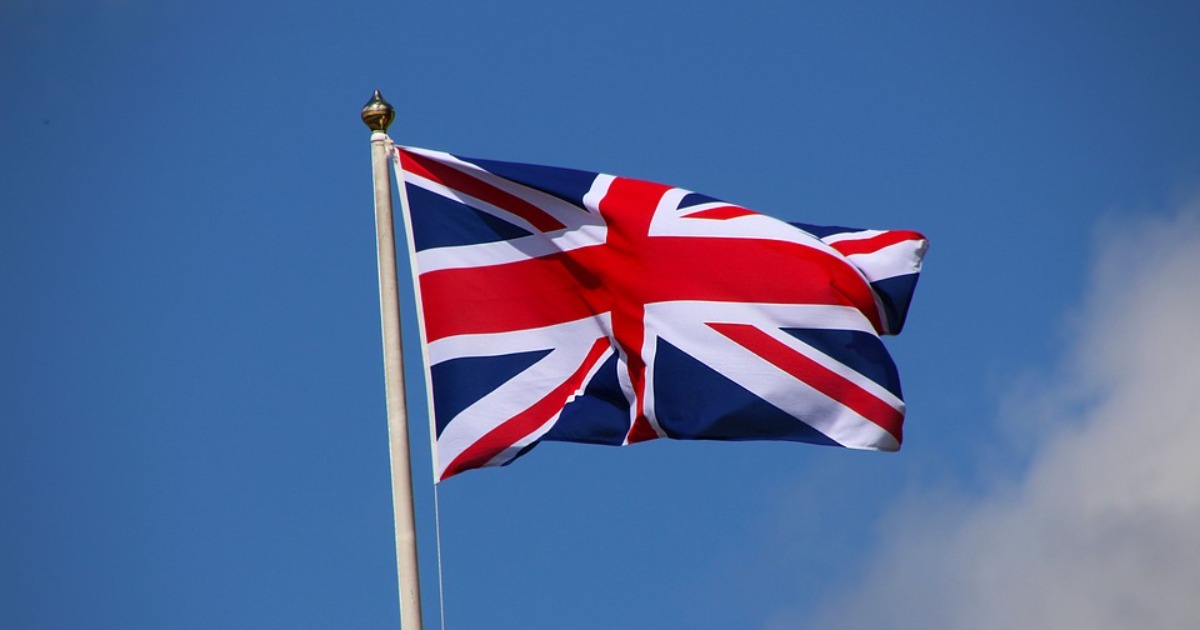Goldman Sachs Got Caught
Goldman Sachs has to deal with unprecedented punishment for bribery.
November 10, 2020

In an extraordinary act, Goldman Sachs — a leading U.S.-headquartered global bank — publicly declared not only that it accepts responsibility for engaging in massive global bribe-paying, but that it will also take the unprecedented step of cutting compensation to current and recently retired top executives by close to $100 million.
These are just part of the landmark outcomes of corruption charges that have resulted in the bank paying in excess of $5.5 billion to settle charges brought against it by a slew of national authorities.
Goldman’s are the largest fines of their kind paid for the criminal payments by a U.S. corporation to foreign government officials.
Goldman Sachs is probably pleased that this remarkable landmark case was buried in major media, which understandably has been dominated by U.S. election coverage.
However, in terms of the precedents set, and the case facts that have been disclosed, this is a remarkable exposure of Wall Street greed.
The Goldman Sachs case is important: It raises the bar on the financial, executive and reputational penalties that major global corporations can face if they indulge in grand international corruption.
The facts of the case against Goldman
Goldman Sachs paid $1.66 billion in bribes to individuals associated with 1MDB, the Malaysian government’s development fund and to Abu Dhabi’s state-controlled International Petroleum Investment Company (IPIC).
The bribes were paid to secure contracts under which the bank launched three international bond issues in 2012 and 2013 — totaling $6.5 billion — of which the bank took $600 million in fees.
The bribes were also aimed at leading to more business from the Malaysian government.
Subservient to the then-government of Malaysia
The bond issues were financed from Goldman’s own resources, and some of the proceeds — estimated at between $2.5 and $4.5 billion — were swiftly distributed by the bank’s executives into a host of international accounts — including many offshore tax haven-based shell companies.
Funds flowed on a vast scale into the accounts of the former Malaysian Prime Minister Najib Razak, who is now appealing a Malaysian court sentence of 12 years in jail.
The funds flowed into secret accounts of at least three senior Goldman Sachs executives — two of them have been criminally prosecuted.
Major beneficiaries of the cash that was laundered through assorted shell companies were associates of the Malaysian Prime Minister, most notably Jho Low, who master-minded the grand schemes and is wanted by the police in a number of countries.
Investigations in Malaysia
The investigations were conducted by government authorities in Malaysia, the United States, the UK, Singapore and Hong Kong.
Goldman Sachs had to reach financial settlements in each of these countries.
Goldman Sachs agreed in July to pay Malaysian authorities $2.5 billion and guarantee that the government of Malaysia receives at least $1.4 billion in funds stolen from 1MDB.
This agreement paved the way for all of the others, which were announced on October 22 and amounted, combined, to more than $2.9 billion in payments to the U.S. Justice Department and several U.S. official agencies, two UK regulatory bodies, the Singapore Attorney-General’s office and the Securities Futures Commission in Hong Kong and the government of Malaysia.
Goldman has further agreed to guarantee that the government of Malaysia receives at least $1.4 billion in funds stolen from the 1MDB state-controlled Malaysian development fund.
Corporate responsibility
The fines could have been somewhat smaller had Goldman Sachs agreed early on to cooperate with U.S. investigators, according to the U.S. Justice Department.
Red flags had actually gone up inside the bank over the bond deals and business with Joho Low, but they were ignored as greed prevailed.
It is unclear whether the investigating national authorities demanded that executives at the bank lose large sums of personal pay, or whether the bank’s leadership decided that this was an essential step to try and repair a desperately damaged corporate reputation.
Either way, I cannot recall a similar case where the top pay was cut in so substantial an amount and where the corporate leadership clearly accepted responsibility. Usually, corporate lawyers advise against such statements fearing further litigation.
It is hard to imagine that the top management never asked questions about just how the firm could book such a huge fee as $650 million for managing three bond issues, or how $1.66 billion in corporate funds could just disappear — and in fact be used as bribes.
Do Values Matter?
Standard practice when big corporations are caught red-handed in bribery scandals is for the management to publicly blame a few rogue employees and, at most, imply an apology by stating that improvements in its normally robust compliance systems will be made.
To its credit, Goldman Sachs has taken a different course. Let us hope others follow this lead.
In a public statement, Chairman and CEO David Solomon stated: “We — as a firm — have to accept responsibility and recognize the broader failure that individual behavior represents for our firm… we have to acknowledge where our firm fell short.”
Accordingly, the Goldman Sachs’ board of directors is seeking $67 million by cutting retirement awards and recovering already paid retirement pay to five former top executives, including former chairman Blankfein and former chief operating officer (and later President Trump’s economic advisor) Gary Cohn.
Furthermore, the top three current executives running the bank will have their 2020 pay cut by a combined $31 million.
Of course, just cutting the pay of the top corporate leaders by tens of millions of dollars, while unprecedented, may seem insufficient. But in this cas, as in so often the case, public prosecutors lack sufficient solid evidence to directly link the top officials at Goldman to the planning and the execution of the crimes.
Conclusion
Perhaps it is time for new laws broadening opportunities for prosecutors to go after the corporate bosses.
That would suggest that the deterrent to bribe-paying has to be even greater than the punishment seen in this landmark Goldman Sachs case involving record fines, likely jail for mid-level executives, corporate reputation damage and pay losses for top bankers.
Takeaways
Goldman Sachs accepts responsibility for engaging in massive global bribe-paying -- and will cut compensation to current and recently retired top executives.
Goldman’s are the largest fines of their kind paid for the criminal payments by a US corporation to foreign government officials.
Goldman Sachs is probably pleased that this remarkable landmark case was buried in major media.
Standard practice when big corporations are caught red-handed in bribery scandals is for the management to publicly blame a few rogue employees.
Just cutting the pay of the top corporate leadership may seem insufficient. But public prosecutors lack sufficient evidence to link top officials at Goldman to the crimes.

